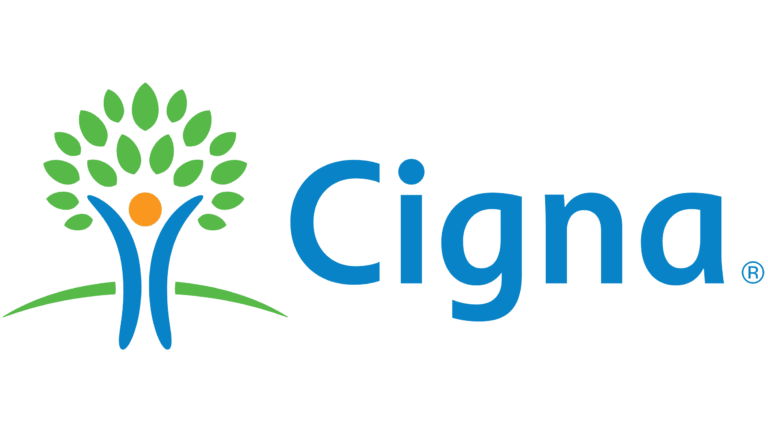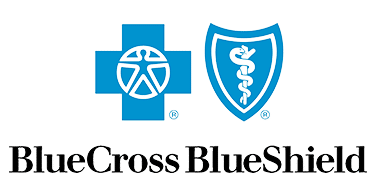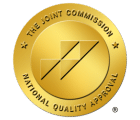The 3 Stages of Alcohol Withdrawal
Overcoming alcohol addiction can be challenging for most, but it’s not impossible. Whether you think your alcohol addiction is minor or extreme, the very first step is to seek help from specialists at a detox center. Going cold turkey alone can be dangerous or ineffective and can cause you to lose hope. Instead, seeking help from specialists that deal with addiction is key to your recovery and success.
If you’ve been using alcohol over an extended amount of time, you may not know how badly it’s altered your body. Once you stop, you will see benefits in your health, and your heart will thank you along with your blood pressure; you’ll also have a lot more energy and feel mentally far happier than you likely do now. Alcohol also has a lot of calories as it’s often masked with sugar in drinks to make it more palatable; stopping can cause you to lose excess pounds.
Now you know all the benefits of stopping alcohol, you need to know about the 3 stages of alcohol withdrawal and what you can do to manage them. Knowing this will enable you to gain control.
Stage 1
What is alcohol withdrawal?
Drinking heavily over a large period of time causes your body to change physically and in terms of biochemistry and how you think. For example, your nervous system changes and has to work harder to keep your brain alert and muscles working, including internal ones for lung and heart function. Once you stop drinking the abrupt change to this system requires the body to recalibrate to a new way of working.
How long after stopping does withdrawal set in?
Often withdrawal begins within 6 to 10 hours after you consume your last drink. You will feel anxious and potentially nauseous. You can expect your hands to shake, along with headaches and an inability to sleep. Each person is different, so you may have either mild or intense symptoms.
Stage 2
After 24 to 48 hours of stage 1 withdrawal, you enter stage 2. This is where you often experience more behavioral challenges than physical as your body chemistry tries to keep up. It’s good to know about this stage and remember that your mood will vary as you go through it. To this end, it’s good to keep away from challenging situations that may exacerbate your mental stress. Expect to have irritability and mood swings.
Also, very importantly, remember that if you start drinking at this stage, your body will release ‘feel-good’ dopamine to reward you for maintaining the old system. You need to avoid this, and as a result, you’ll go through sadness and depression until your body can readjust.
What happens to your nervous system when you stop drinking?
During stage 2, your body starts resetting itself, but your nervous system would have been damaged by prolonged drinking. The more damage, the longer it will take to feel some form of normality.
What is the most common withdrawal symptom?
Although not everyone gets withdrawal symptoms, the most common, especially if you have AUD (Alcohol Use Disorder), will be sadness, irritability, and general mood swings. You may also get cravings and likely want to consume alcohol. Doing the latter resets you back to an alcohol system and must be avoided, or you’ll be effectively starting again at stage 1.
Stage 3
Delirium Tremens is the last stage. This manifest as tremors, hallucinations, and disorientation. Thankfully it is extremely rare, and most in recovery will not get any stage 3 symptoms. This stage starts approximately 48 hours after your last drink and can last up to 10 days. Stage 3 symptoms will require others to support you if you get it, and very serious as you’ll not be in control of your faculties and may harm yourself or others.
What is the longer-term influence of alcohol withdrawal?
After one to two weeks of being away from alcohol, your official detox ends, and your body starts to recover. While the body is robust and will start healing in all parts of the body, like the brain and liver, it can take years to rebuild. During this time, your serotonin will be depleted, so you may feel more anxious and depressed during the early months of this rebuild process.
Alcohol, however, also affects your memory and can shrink the brain. Over time you’ll find that your memory starts to improve, and you gain better brain functionality as it repairs itself.
In your first month away from alcohol, you can expect that your sleeping improves and your liver will start working better. In general, you’ll feel healthier. You’ll feel healthier but make sure you don’t overdo anything. Think of your recovery in terms of mind-body-spirit. Eat rich nourishing foods free of chemicals to ensure you get the right vitamins your body needs to repair itself.
Also, take some light exercise and build up in very gradual increments; otherwise, you’ll feel tired and irritated initially. Over time the discomfort of doing exercise will go, and your system will cope better. In terms of spirit, make sure you take time for yourself and perhaps find a new stimulus to help keep your mind entertained and away from alcohol. Overall, remember during this time to consciously pace yourself and likewise give yourself a prod if you’re under-attentive to your needs.
Being alert to the steps above and how to manage the longer-term stresses will help you overcome alcoholism and stop you from reverting to it.
Reach Out for Help
Palm Beach Recovery Center is a multi-faceted organization that uses a whole host of different methods that are tailored to our attendees and loved ones. Our alternative treatment programs are designed to offer you the entire solution to withdrawal pains. We offer; massage, acupuncture, chiropractic, sound therapy, and yoga to complement your medical treatment.
In addition, we understand that this is a challenging time for you, but you must get help and stay with the Alcohol Detox program until you’re ready to get on with your life. We can help you verify your insurance to see what is covered, fill out this form or give us a call. (561) 556-1480









